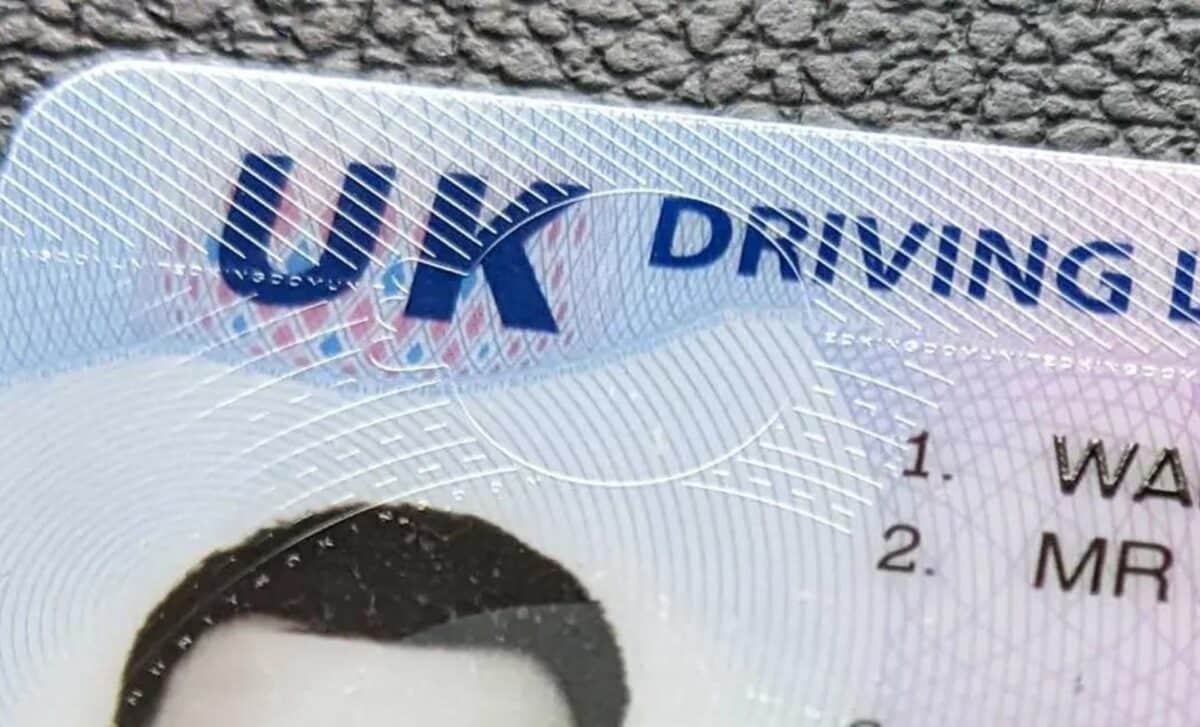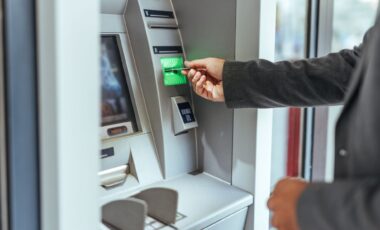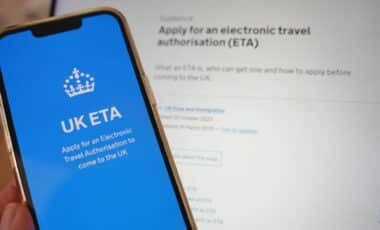The UK government has announced plans to roll out digital driving licences later this year as part of its effort to harness technology and improve public services. The initiative, which aims to provide a voluntary, secure, and convenient alternative to physical licences, represents a significant shift in how identification is handled in the UK.
Digital licences will be accessible through a dedicated government app and are expected to offer a variety of uses, such as verifying age when purchasing alcohol, voting, or boarding domestic flights. The government envisions this development as a step forward in simplifying interactions with public services while maintaining the option of physical licences for those who prefer them.
A government spokesperson emphasised the broader benefits of this change, stating, “This government is committed to using technology to make people’s lives easier and transform public services.”
How Digital Licences Will Work
The digital licences will be housed within a new app called Gov.uk Wallet, designed to securely store personal information and provide access to various government services. The app will feature advanced security measures such as:
- Biometric authentication, including facial or fingerprint recognition.
- Multifactor authentication, requiring security codes to access sensitive information.
The use of these technologies ensures that only the genuine licence holder can access the app, offering a higher level of security than traditional physical licences.
In addition to driving licences, the government is exploring the integration of other services within the app, such as tax payments, benefits claims, and National Insurance numbers. This approach could streamline how citizens interact with multiple government departments through a single platform.
Practical Uses for Digital Licences
One of the standout features of the digital driving licence is its adaptability. In certain situations, such as purchasing alcohol at a self-checkout or entering a nightclub, users may choose to hide sensitive details like their address. This adds a layer of privacy while retaining the licence’s functionality.
The Times reported that these licences could help reduce wait times in supermarkets by allowing individuals to verify their own age without needing assistance from staff. This feature has already been embraced in countries such as Australia, Denmark, and some US states, where digital licences are proving to be a practical solution.
No Mandates, Just Options
Importantly, the government has made it clear that digital driving licences will remain optional. A government spokesperson highlighted this, stating, “Technology now makes it possible for digital identities to be more secure than physical ones, but we remain clear that they will not be made mandatory.”
This reassurance is particularly significant given past debates surrounding the potential introduction of digital ID cards in the UK. Critics, including privacy advocacy groups, have expressed concerns about digital identification systems. However, the government’s approach stops short of creating a universal digital ID, instead offering digital driving licences as a standalone, voluntary service.
The Global Context and Future Implications
Digital driving licences are not a new concept globally. Countries like Iceland, Norway, and several US states have successfully adopted virtual licences. The European Union is also requiring all member states to implement at least one form of digital ID by 2026.
The UK’s introduction of digital licences is part of a broader push towards modernisation, reflecting international trends. However, some privacy advocates remain cautious. In a previous discussion on digital IDs, a representative from Big Brother Watch warned that such initiatives could risk overstepping boundaries, stating, “It would be one of the biggest assaults on privacy ever seen in the UK.”
Despite these concerns, the government’s limited and voluntary approach to digital licences appears to address some of these criticisms while still offering the public new conveniences.
The Future of Driving Licences in the UK
As the UK prepares to roll out digital driving licences, the potential for streamlined government services and improved security is clear. This initiative offers a glimpse into how technology could transform public services in the future, making them more accessible and user-friendly.
However, its success will depend on public trust and adoption. By maintaining physical licences and ensuring high levels of security for digital alternatives, the government is positioning this initiative as an enhancement rather than a replacement.
As the rollout progresses, it will be critical for the government to provide clear communication about the benefits and limitations of digital licences. Doing so will ensure the public can make informed decisions about adopting this new technology.









